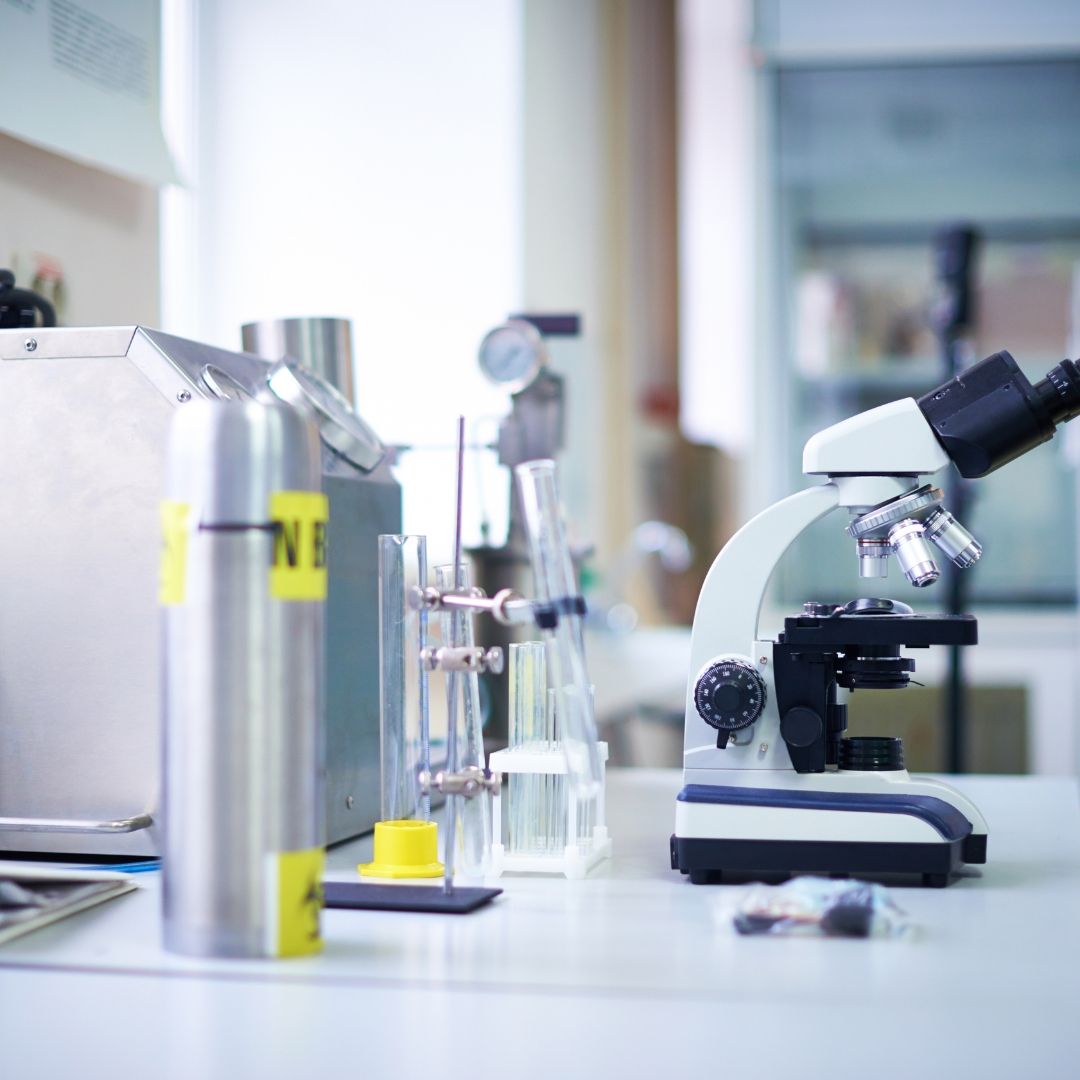BMLT
Bachelor of Medical Laboratory Technology
It is an undergraduate program in the field of medical laboratory technology that is designed to equip students with the knowledge and skills required to work in medical laboratories and healthcare settings.
Tagline
About BMLT
BMLT stands for Bachelor of Medical Laboratory Technology. It is an undergraduate program in the field of medical laboratory technology that is designed to equip students with the knowledge and skills required to work in medical laboratories and healthcare settings. The program typically takes four years to complete and is offered by various universities and colleges around the world. The BMLT curriculum covers a broad range of subjects, including medical microbiology, pathology, hematology, biochemistry, immunology, and clinical laboratory management. Students learn about laboratory procedures, equipment, and techniques, as well as the use of laboratory information systems and quality control measures.BMLT graduates are qualified to work as medical laboratory technologists, performing laboratory tests on patient samples and assisting in the diagnosis of diseases. They work in various healthcare settings, such as hospitals, clinics, and research labs.

BMLT Syllabus
| Semester I | Semester II |
|---|---|
| Cells | Cardiovascular System |
| Terminology and General Plan of the Body | Nervous System |
| Respiratory System | Genitourinary System |
| Digestive System | Endocrine System |
| Semester III | Semester IV |
|---|---|
| Introduction and History of Pathology | Mechanism of Coagulation |
| Tissue Renewal and Repair | Complete Blood Count |
| General Features of Acute and Chronic Inflammation | Introduction to Immunohematology |
| Protein-Energy Malfunction | Progressive |
| Cancer | Hemoglobin |
| Semester V | Semester VI |
|---|---|
| Staining of Carbohydrates | Basic Principles of Blood Banking |
| Demonstration of Minerals and Pigments in the Tissue Sample | Other Blood Group systems such as Lewi |
| Autoimmune Disorders | IN Transfusion Transmissible Infectious Disease Screen |
| Demonstration of Nucleic Acids | Blood Components and their Preparation |
| Immunohistochemistry | Apheresis |
